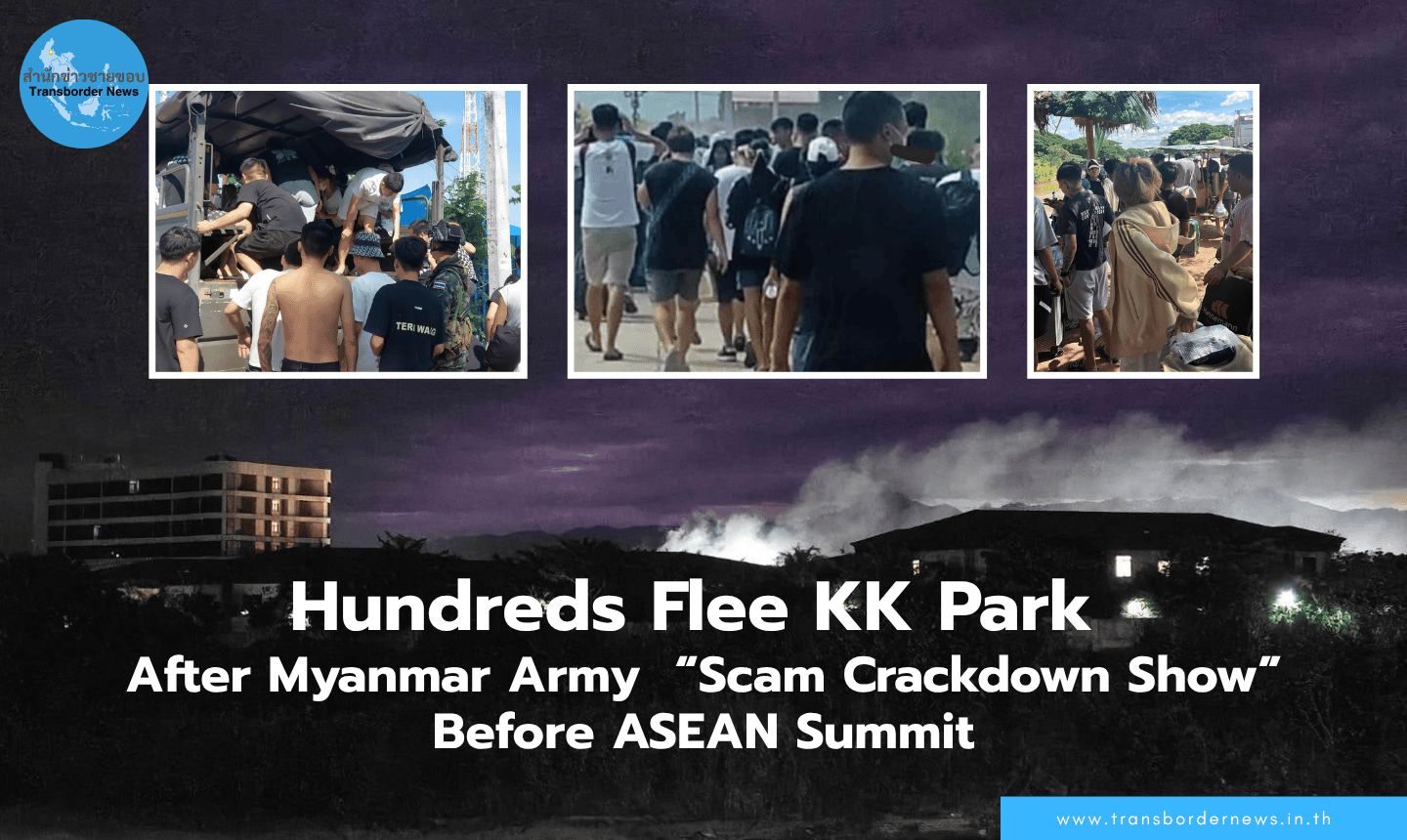
On August 4, 2025, the Burma Media Consortium (BMC) reported that the Myanmar Press Council (MPC), established by Myanmar’s military junta, signed a Memorandum of Understanding (MoU) on media cooperation with the National Press Council of Thailand on August 1 in Bangkok. The move has sparked widespread criticism from both domestic and international media organizations, especially given that the MPC is widely seen as lacking legitimacy and functioning under the control of the military regime.
According to BMC, the MPC delegation, led by Chairman Dr. Tin Tun Oo, Secretary U Hsyan (son of former minister U Soe Thane), and U Ye Min Soe, met with Thai media professionals, including Chairman of the National Press Council of Thailand, before the MoU was signed. During their trip from July 31 to August 2, the MPC delegation also visited various Thai media outlets such as Bangkok Post, NBT, and Mahachai Cable TV.
The signing has raised concerns among media watchdogs, who warn that such cooperation risks legitimizing the military’s propaganda apparatus. Following the 2021 military coup in Myanmar, press freedom has drastically deteriorated. According to the Independent Press Council of Myanmar (IPCM), as of May 3, 2025, at least 40 journalists (33 men and 7 women) have been imprisoned, and 7 media workers have been killed in the line of duty.
IPCM, formed in December 2023 by 37 independent media organizations and 77 journalists, has issued a statement rejecting the legitimacy of MPC, asserting that it does not represent Myanmar’s media community. The council also called for the unconditional release of all detained journalists.
Similarly, the Independent Myanmar Journalists Association (IMJA), founded on June 1, 2023, released a statement on November 22, 2024, declaring it does not recognize the MPC’s authority and condemned the military regime’s use of the council as a communication tool. Despite MPC’s attempts to engage with foreign media organizations, it has shown no real efforts to promote press freedom or protect threatened journalists. (Source: Ayeyarwaddy Times, compiled by Burma Media Consortium [BMC]. Follow BMC on Telegram: https://t.me/bmcburma)
Meanwhile, the Karen Information Center (KIC), an ethnic Karen media outlet, reported on July 30, 2025, that Myanmar’s military government has enacted a new election law perceived as a threat to press freedom. The new legislation, titled the “Protection of the Multi-Party General Election Process,” includes provisions that impose severe penalties—including imprisonment and even the death penalty—for those who “obstruct” the election process through actions such as public speech, assembly, writing, or publishing criticisms.
The law contains 8 chapters and 32 sections, explicitly banning activities that may “obstruct elections.” Violators could face 3 to 7 years in prison, and if any death occurs in connection to such events, the penalty could be capital punishment.
The IPCM criticized the law, calling it a deliberate attempt by the military to silence critics and suppress media coverage using harsh punitive measures.
“This law is clearly designed to intimidate journalists and prevent them from reporting or criticizing the election,” said Mr. Tu Zaw Lat, IPCM’s secretary-general. “It opens the door for unjust arrests and prosecutions.”
A senior journalist commented that while there have been no arrests under the new law yet, the legislation poses a clear threat to press freedom ahead of the anticipated election.
“If a journalist reports anything that could be seen as opposing the election, they could be charged under this law,” he said. Although the military has announced plans to hold elections in over half the country by January 2026, many observers are skeptical, noting that voting may only be possible in areas under tight military control.
KIC also noted that in regions under the control of anti-junta armed groups, there is still uncertainty over whether elections can take place at all. In military-controlled zones, even peaceful protests may be criminalized under the new law.
Journalists report that, in addition to BMC and KIC, several other Myanmar-focused online media outlets have covered the controversial cooperation between the Thai media council and the junta-backed MPC. Images of Myanmar’s military leader General Min Aung Hlaing attending MPC’s founding ceremony have also resurfaced, fueling further criticism and distrust of the council’s legitimacy.
This is a translation of original Thai article https://transbordernews.in.th/home/?p=43473




